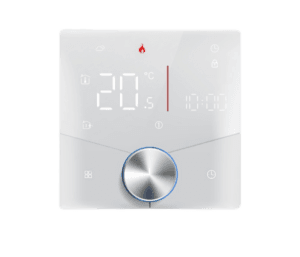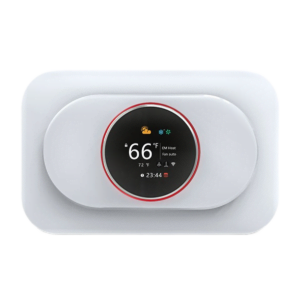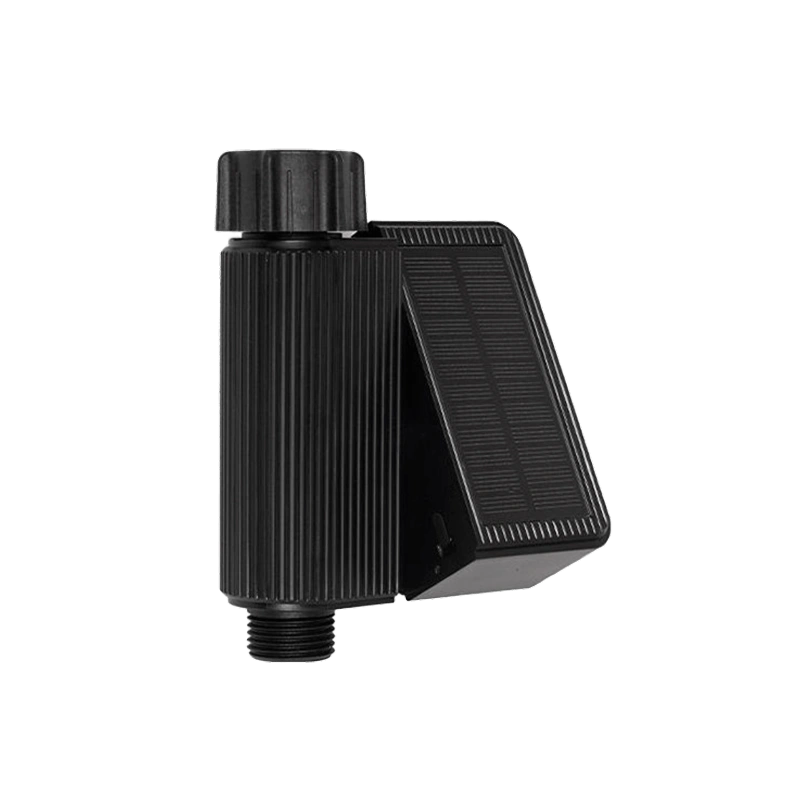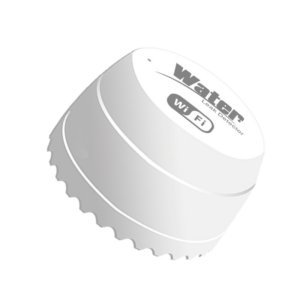If you’re shopping for a smart thermostat and have electric baseboard heaters, you might be wondering: can Nest control them? Nest is one of the most popular smart thermostats on the market, so it’s a fair question. But before you click “add to cart,” here’s what you need to know.
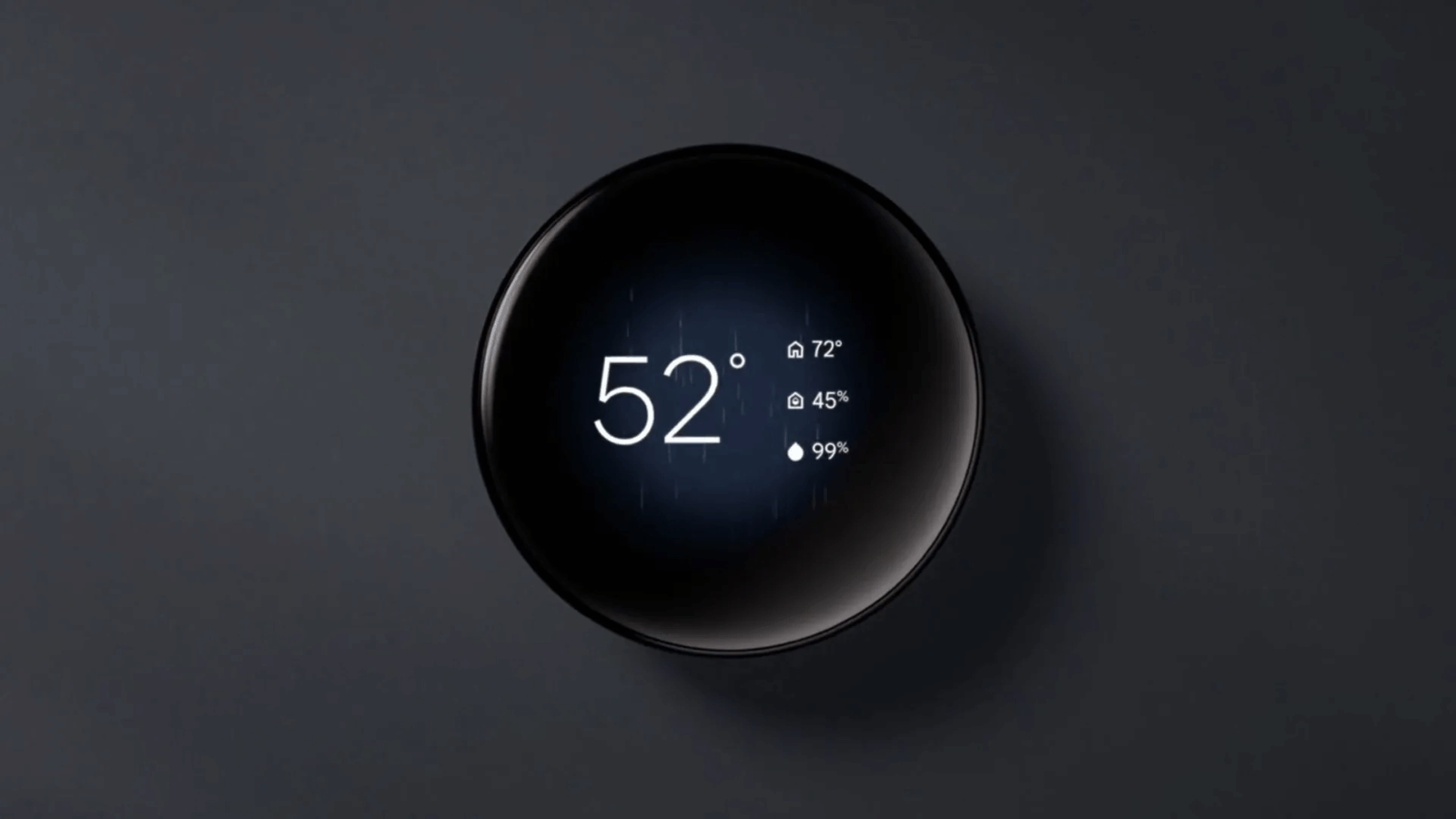
¿Qué es Nest y para qué tipo de calefacción está diseñado?
Los termostatos Nest, fabricados por Google, están diseñados paraSistemas de climatización de bajo voltaje. That includes forced-air gas furnaces, central heat pumps, and boilers—systems that typically run onCableado de 24 V. Nest is known for its sleek design, learning features, energy reports, and integration with the Google ecosystem.
Pero aquí está la clave:Nest está diseñado para sistemas de calefacción de bajo voltaje, no para calefactores eléctricos de zócalo..
¿Qué son los calefactores de zócalo y en qué se diferencian?
Calentadores eléctricos de zócaloare a totally different beast. Instead of working off a central HVAC unit, baseboard heaters are usually installed room by room. They run onpotencia de tensión de línea- cualquiera120 V o 240 V— y están conectados directamente al sistema eléctrico principal de su hogar.
Unlike a low-voltage furnace that sends a small signal to the thermostat, a baseboard heater thermostat controls the full power of the heater itself. That’s a huge difference in both design and safety requirements.
If you have more than one thermostat in your home (often one per room), and your heating system runs on electricity, there’s a good chance you’re using line voltage heaters.
¿Por qué Nest no funciona con los calefactores de zócalo?
En breve:incompatibilidad de voltaje.
Nest thermostats do not have baseboard heater compatibility, as they are not built to handle the high-voltage loads required. They work only with systems that use 24V control wiring. Hooking up a Nest to a 240V baseboard heater without proper equipment candañen el termostato, creen riesgos de incendio, yanulará su garantía.
Algunos aficionados al bricolaje y electricistas avanzados han ideado soluciones utilizandorelés o transformadores externos, pero esto esNo recomendadoEstas configuraciones son:
- Costoso y complejo
- Un riesgo para la seguridad
- Es probable que anule funciones inteligentes como la monitorización y el aprendizaje de la energía.
Incluso la propia Google dice que Nest esno compatiblecon sistemas de alto voltaje:
“Los termostatos Nest no son compatibles con sistemas de voltaje de línea (120 V o 240 V)."
¿Y si intento una solución alternativa de todos modos?
Sí, técnicamente es posibleConecta un Nest a un calefactor de zócalo.usando unrelé externo, which converts the low voltage output to line voltage control. But this workaround comes with serious caveats:
- Necesitarás un electricista con experiencia.
- Añade entre 30 y 50 dólares por zona en hardware.
- Perderás funciones inteligentes como el aprendizaje automático, los informes de energía y los diagnósticos remotos.
In the end, you’re paying more for a setup — the Nest Work with Baseboard Heaters — that delivers less functionality and may not even be safe.
¿Qué son losLas mejores alternativas a Nest para calefactores de zócalo?
✅ Grus Termostato inteligente para calefactores eléctricos de zócalo
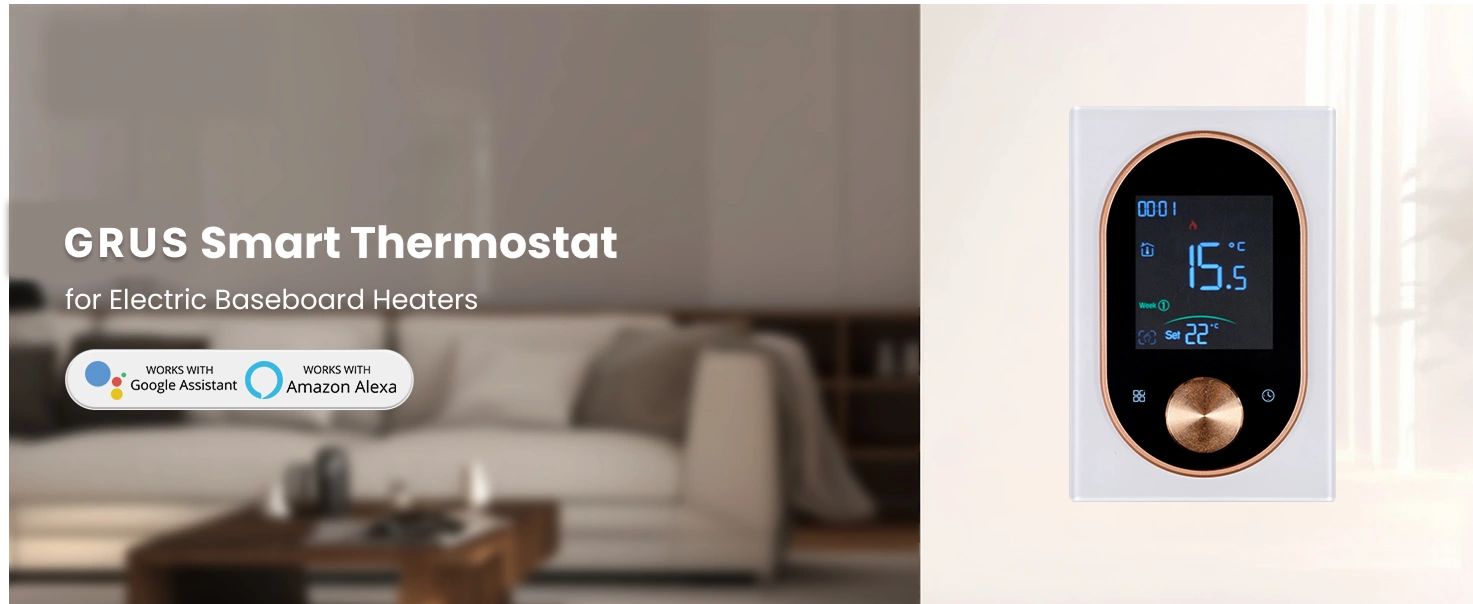
- Admite de forma nativa sistemas de alto voltaje de 120/240 V.
- control remoto de la aplicación
- Control por voz mediante Alexa y el Asistente de Google
- Horario diario de seis períodos
- No se necesita relé externo
- Económico: generalmente $79 o menos por unidad, casi la mitad del precio de Nest/Mysa con relé
Grus ofrece uno de losmás asequiblesmart thermostat options designed specifically for electric baseboard heat. Installation is quick and DIY-friendly, making it a cost-effective choice for upgrading multiple rooms.
Termostato inteligente Mysa
- Termostato inteligente popular con relé incorporado
- Diseño elegante e interfaz moderna
- Entre 149 y 199 dólares, dependiendo del modelo.
- Aplicación móvil sólida y seguimiento de energía
Termostatos de tensión de línea para el hogar de Honeywell
- Menos inteligente, más tradicional
- Algunos modelos ofrecen programación y funciones básicas de programación.
- La mayoría de los modelos no incluyen control por aplicación ni por voz.
¿Cómo puedo saber si tengo calefacción eléctrica o central?
Hazte estas preguntaspreguntas:
- ¿Tengo un termostato en cada habitación? → Probablementecalentadores de zócalo eléctricos
- ¿Mis termostatos se conectan a unidades de pared sin conductos? → Probablemente eléctricos
- ¿Tengo un sistema central de climatización con conductos o radiadores? → Probablementecalefacción central de bajo voltaje
Still unsure? Check the voltage on the wires connected to your thermostat. If it says 120V or 240V, you're dealing withtensión de línea.
Resumen: Los termostatos inteligentes necesitan compatibilidad inteligente
Trying to make Nest work with baseboard heaters is like forcing a square peg into a round hole. Even if you manage to connect it, you’ll lose the features that made you want a smart thermostat in the first place.
En su lugar, elige un termostato inteligente que fueradiseñadofor your home’s heating system. Grus offers a reliable, affordable, and easy-to-install option that brings your baseboard heaters into the smart home era—without the risk or the price tag of a workaround.
✅ ¿Listo para tomar el control de su calefacción eléctrica?
Descubre el termostato inteligente Grus para calefactores eléctricos de zócalo →
Learn how baseboard, heat pump, and HVAC smart thermostats work — plus setup tips and energy-saving strategies.
Lee la Guía de Calefacción de Termostatos Inteligentes →
